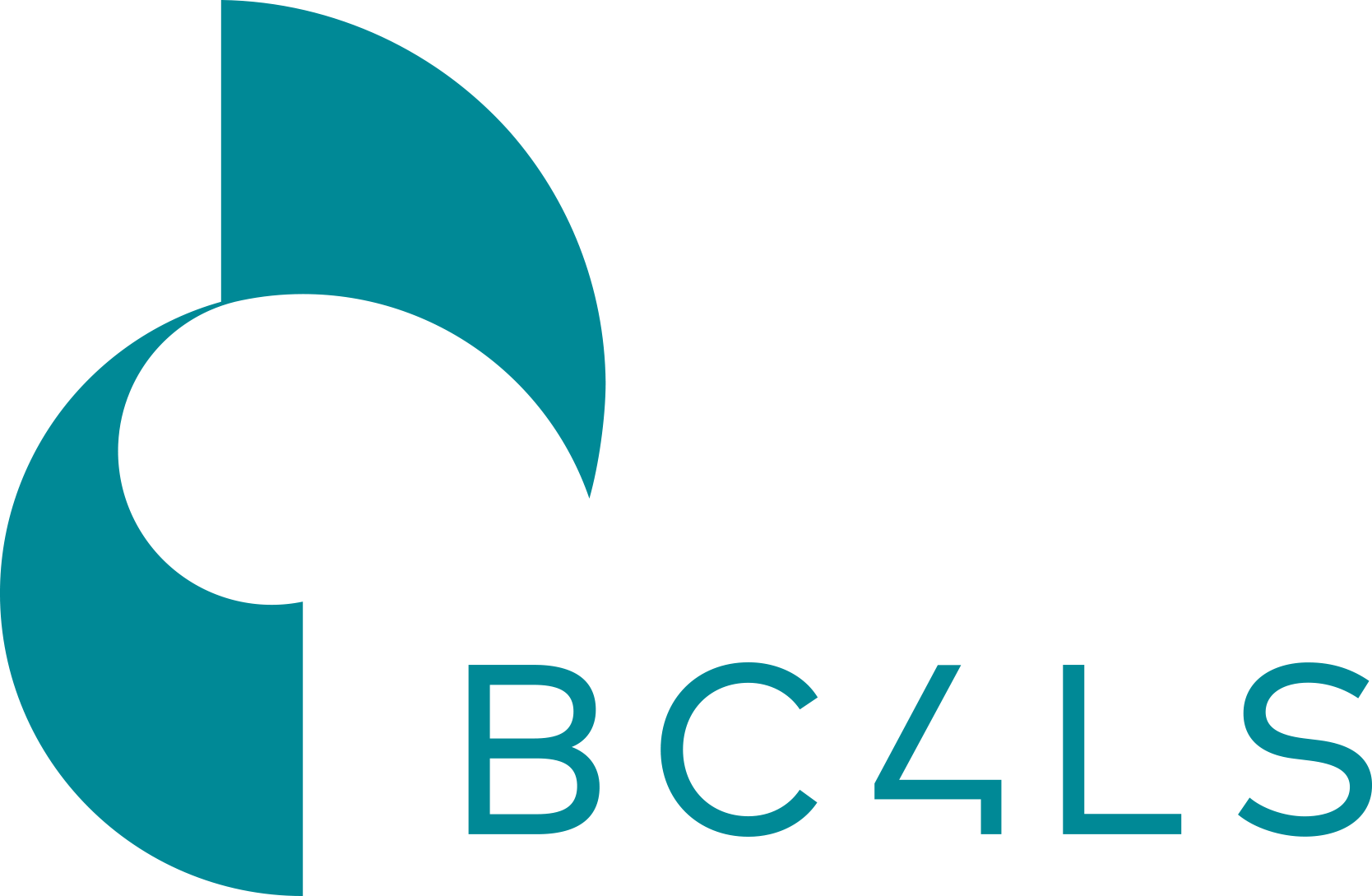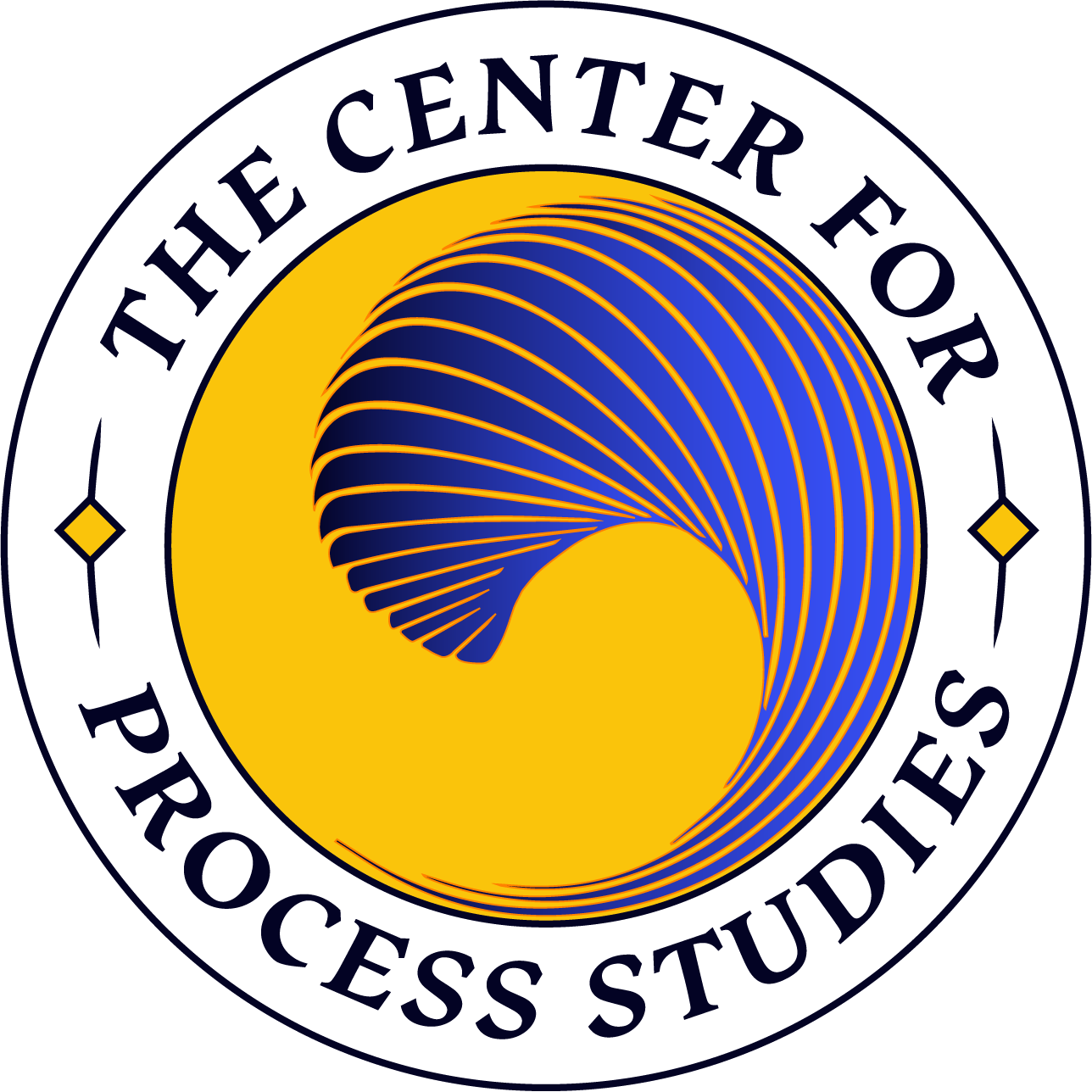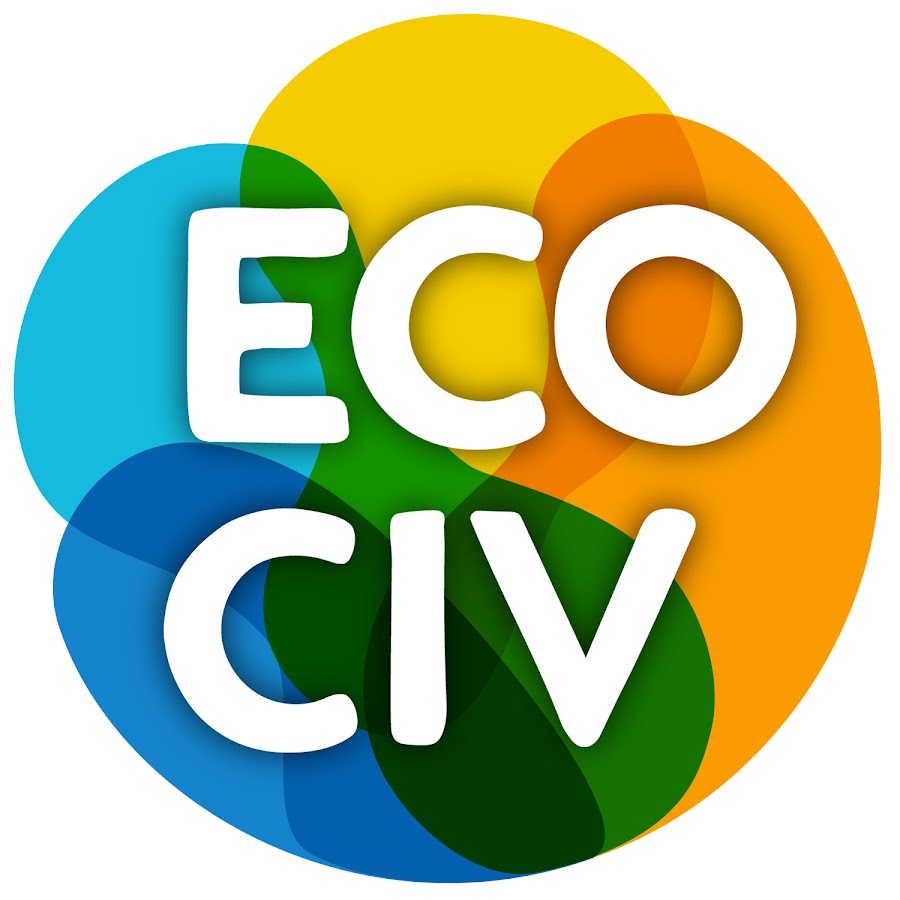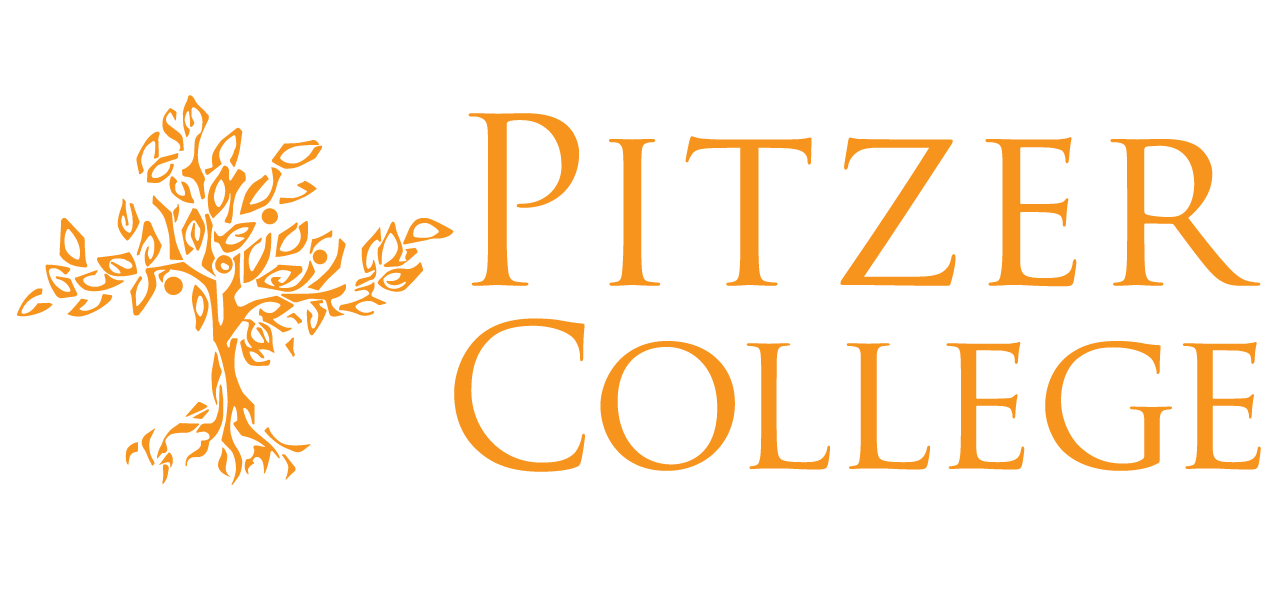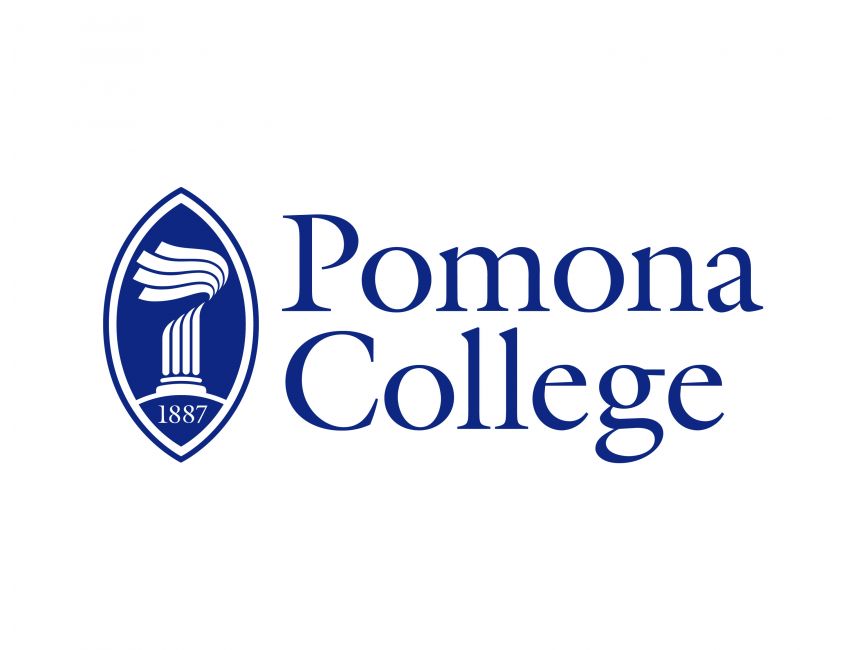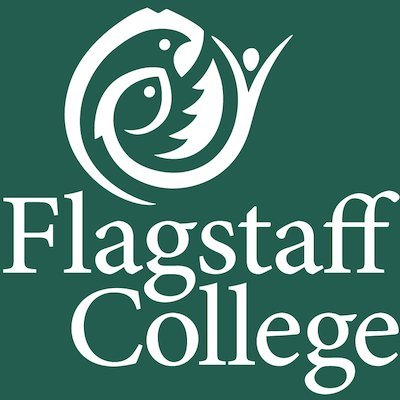ABOUT THE FORUM
2025 FOCUS
We are pleased to officially announce this call for papers for the “Is It Too Late?: Toward Ecological Civilization” conference, commemorating the centenary of eco-sage John B. Cobb Jr. This significant event will also mark a decade since our transformative 2015 “Seizing an Alternative” conference and the founding of the Institute for Ecological Civilization. Held in conjunction with the 18th International Forum on Ecological Civilization and the 7th International Youth Forum on Ecological Civilization, the conference will take place at Pomona College in Claremont, California.
SUB-TOPICS
Track 1: On Ecological Civilization
Track one welcomes abstracts on a range of pressing themes, including our current polycrisis, existential risk, and the vision of ecological civilization. We invite contributions that explore the construction of ecological civilization in China and challenge conventional notions of progress by envisioning what a post-growth society could entail. We encourage the examination of both global and local solutions to the environmental crisis, and the role of ecological civilization as a cultural revolution that shifts focus from consumerism to sustainability. Additionally, we seek to redefine success in terms of happiness, well-being, and ecological health, while also learning from indigenous ecological wisdom to enrich our understanding and approach to these critical issues.
Track 2: On Education
Track two welcomes abstracts that explore essential themes such as rethinking higher education in the context of climate change and cultivating ecological literacy through transformative curricula for a sustainable future. We invite insights on how universities can serve as engines for ecological transformation and the importance of interdisciplinary approaches that integrate arts, science, and spirituality in ecological education. Additionally, we encourage discussions on the challenges and opportunities presented by digital education and its role in promoting sustainability. We seek contributions that address ethics and ecology in the classroom, emphasizing the need to educate for moral courage, as well as strategies for teaching hope and inspiring action in an age marked by eco-anxiety.
Track 3: On Life and Cosmos
Track three welcomes abstracts that delve into profound themes such as cosmic ecology and our understanding of humanity’s place in the universe. We invite explorations of the interconnection between consciousness and ecology, emphasizing the relationships among mind, life, and Earth. Contributions that discuss biocentrism and the ethics of all life forms within the framework of ecological civilization are particularly welcome. We also encourage insights into astrobiology and the search for extraterrestrial life, considering their implications for our ecological future. Additionally, we seek perspectives on how human life serves as a microcosm, reflecting holistic connections between health, mind, and planet, as well as lessons from evolutionary biology and natural history that can inform sustainability practices. Finally, we invite discussions that re-envision creation through religious and spiritual narratives that foster an ecological worldview.
Track 4: On Science & Technology
Track four welcomes abstracts that investigate pivotal themes such as the Green Tech Revolution and the question of whether technology can save us from ecological collapse. We invite contributions that explore the relationship between artificial intelligence and ecology, assessing whether it presents a promise or a peril for the planet. Discussions on biotechnology and ethics, particularly in the context of genetic engineering within an ecological framework, are encouraged. We also seek insights into ecological economics and the potential for data and technology to reshape global markets. Contributions that highlight innovations inspired by nature, such as rewilding technology, as well as the planning of smart cities and green infrastructure for sustainable urban futures, are welcome. Finally, we invite papers that examine the role of big data in ecological research and policy, aiming to enhance our understanding of these critical intersections.
Track 5: On Being Human
Track five welcomes abstracts that explore transformative themes such as the eco-self and the redefinition of humanity’s relationship to nature. We invite discussions on transcending the boundaries of mind, body, and nature through spirituality and psychedelics, as well as insights on living non-violently in a violent world, drawing lessons from Ahiṃsā. Contributions that highlight the power of art and storytelling in shaping ecological consciousness are particularly encouraged, alongside explorations of how ritual and resilience can foster environmental action. We also seek to address the concept of ecological grief, acknowledging the loss we face in the Anthropocene, and invite reflections on human flourishing within an ecological civilization, focusing on the redefinition of purpose and meaning in our interconnected world.
Track 6: On Business & Economy
Track six welcome abstract that seek innovative research and case studies that explore how businesses and economic systems can pivot from profit-driven, extractive models to regenerative, equitable, and sustainable practices. Topics may include circular economy, corporate social responsibility, ecological entrepreneurship, alternative economic models, and financial systems that prioritize environmental and social well-being. We welcome interdisciplinary approaches that reimagine the role of business in fostering a flourishing planet and inclusive prosperity. This track will mark our first major focus on business.
PROPOSAL SUBMISSIONS
If you wish to present your paper at this international conference and have it included in the conference proceedings, please submit a 500-word abstract in English outlining your ideas. The deadline for abstract submission is January 15, 2025.


